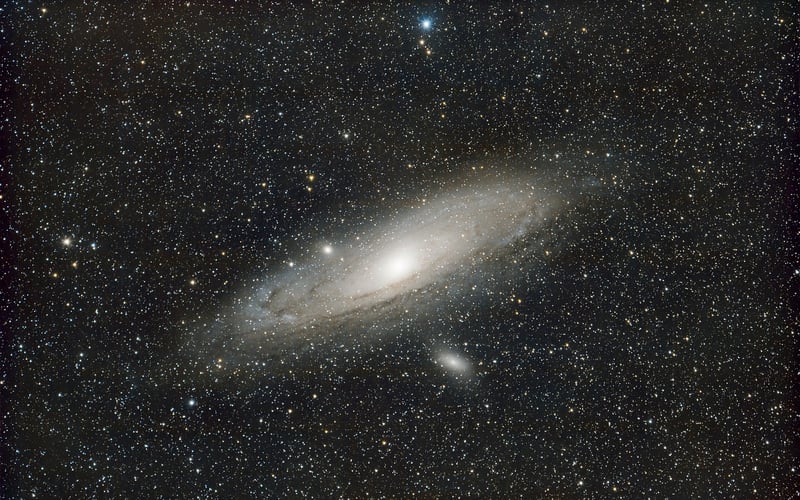Quantum Leap Theories
The Science Behind Time Travel and Quantum Leap Theories
Time travel has long been a fascinating concept in science fiction, captivating audiences with its possibilities and complexities. While time travel remains a theoretical concept in the realm of science, various theories and hypotheses attempt to explain how it could potentially work, including the intriguing idea of Quantum Leap.
Understanding Time Travel
According to the theory of general relativity proposed by Albert Einstein, time is relative and can be influenced by gravity and velocity. This forms the basis for the concept of time dilation, where time can be experienced at different rates for two observers due to differences in their motion or proximity to massive objects.
Time travel involves the idea of moving between different points in time, similar to how we move between different points in space. While traveling forward in time is a well-established concept through the effects of time dilation, traveling backward in time presents more challenges and is still a subject of theoretical research.
The Quantum Leap Theory
The Quantum Leap theory suggests that at the quantum level, particles can exist in multiple states simultaneously until they are observed or measured, at which point they "leap" into a single state. This phenomenon is known as quantum superposition.
Some scientists hypothesize that if larger objects, such as humans, could also exist in a state of superposition, it might be possible to "leap" between different points in time or parallel universes. This idea forms the basis for some interpretations of time travel and parallel universes in quantum mechanics.
The Grandfather Paradox and Other Considerations
One of the most famous paradoxes associated with time travel is the Grandfather Paradox, where a time traveler could potentially alter events in the past that would prevent their own existence. This paradox highlights the complexities and potential consequences of time travel, according to different theories.
While time travel remains a fascinating subject for scientific exploration and creative storytelling, the current understanding of physics and the laws of nature suggests that significant technological advancements would be required to achieve practical time travel capabilities.
Conclusion
Time travel and Quantum Leap theories continue to spark the imagination of scientists, writers, and audiences alike, offering a glimpse into the possibilities of exploring different points in time and parallel realities. While the science behind time travel remains a subject of theoretical research, the concepts and theories surrounding it provide a fascinating look into the nature of time and the universe.


Explore more about time travel and quantum leap theories through reputable sources and scientific literature to delve deeper into this captivating subject.
